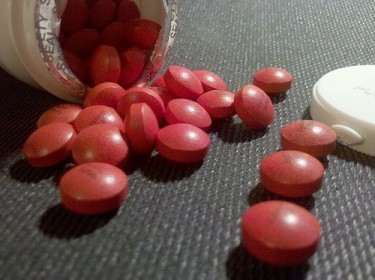 The quality of generic drugs provided by Indian manufacturers are being questioned, and doctors are raising concerns after a series of recalls and import bans issued by the United States Food and Drug Administration.
The quality of generic drugs provided by Indian manufacturers are being questioned, and doctors are raising concerns after a series of recalls and import bans issued by the United States Food and Drug Administration.
According to an article from Fox news, India supply about 40% of generic and over-the-counter drugs that the American people are prescribed and consume every day. But recently the FDA has cited problems ranging from data manipulation to sanitation.
The importation of products from Ranbaxy Laboratories Ltd, Wockhardt Ltd, and Sun Pharmaceutical Industries Ltd have been banned by the administration. Doctors across the country are beginning to realize the gravity of the issue – these are the drugs that they have been giving their patients for years.
Generic drugs account for nearly 85% of medicines prescribed in the United States, and the government relied on them to keep healthcare costs manageable because they are generally more affordable.
Indian drug makers are by no means the only drug manufacturing companies to recall products or be cited by the FDA. Johnson & Johnson has been forced to recall dozens of products over the past five years due to quality control failures, including a very well-known drug: children’s Tylenol.
India’s drug makers, an industry worth $14 billion, reject any rising criticism that their products and manufacturing processes are unsatisfactory or dangerous.
But, physicians are becoming very wary of Indian drug manufacturing companies and even recommending that patients seek out generic drugs from specific manufacturers outside India. The multiple recalls and citations from the FDA have put caretakers on the alert.
If doctors do come across a medicine that doesn’t meet quality standards, they are required to report it to regulators and let the U.S. FDA determine whether the manufacturing processes are correct or putting patients at risk.
One big question is, if a patient is prescribed a generic drug that causes them additional health problems, is it the fault of the doctor or the fault of the drug manufacturer?
The answer to that depends on the case, and would require an investigation by a qualified products liability attorney of whether the doctor knew the drug was defective or dangerous before prescribing it to a patient.
The process of determining whether a health problem resulted from medical malpractice or the defect of a drug can be a long one. If you feel as though you have been wronged by a physician or been the victim of a defective drug, contact a personal injury attorney to discuss your circumstance.

